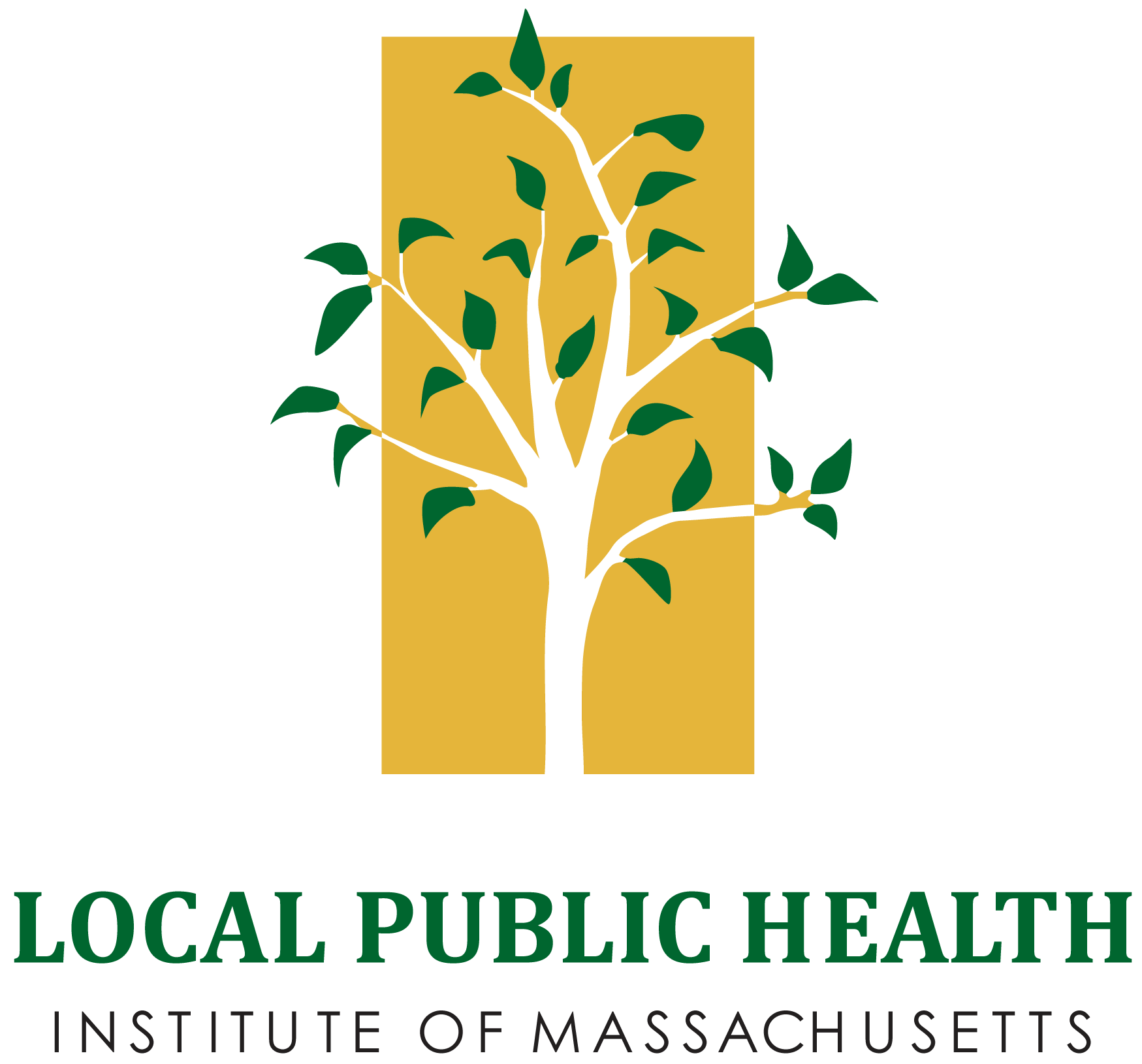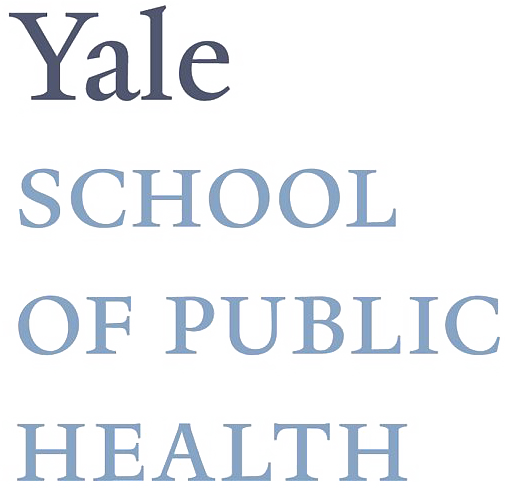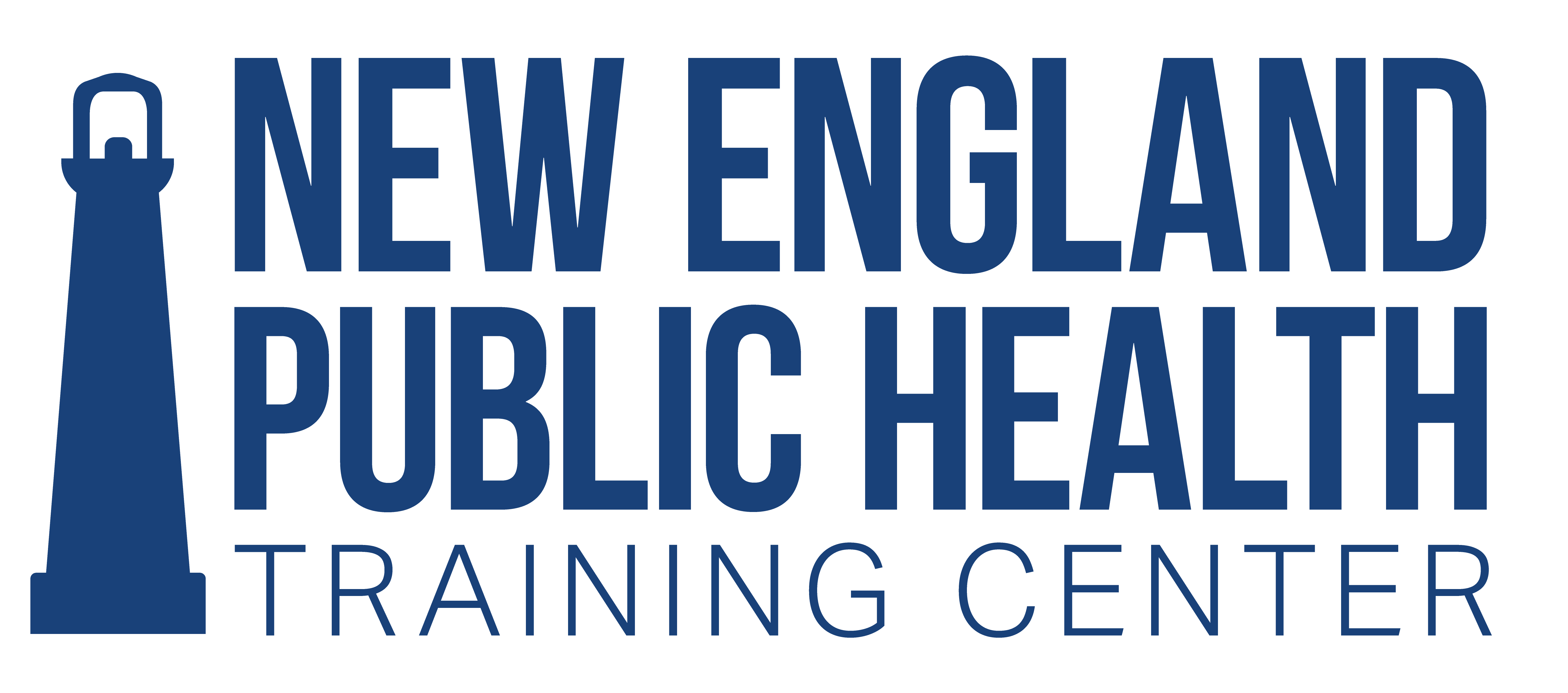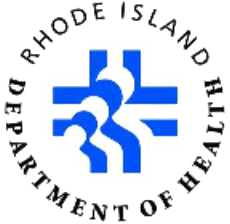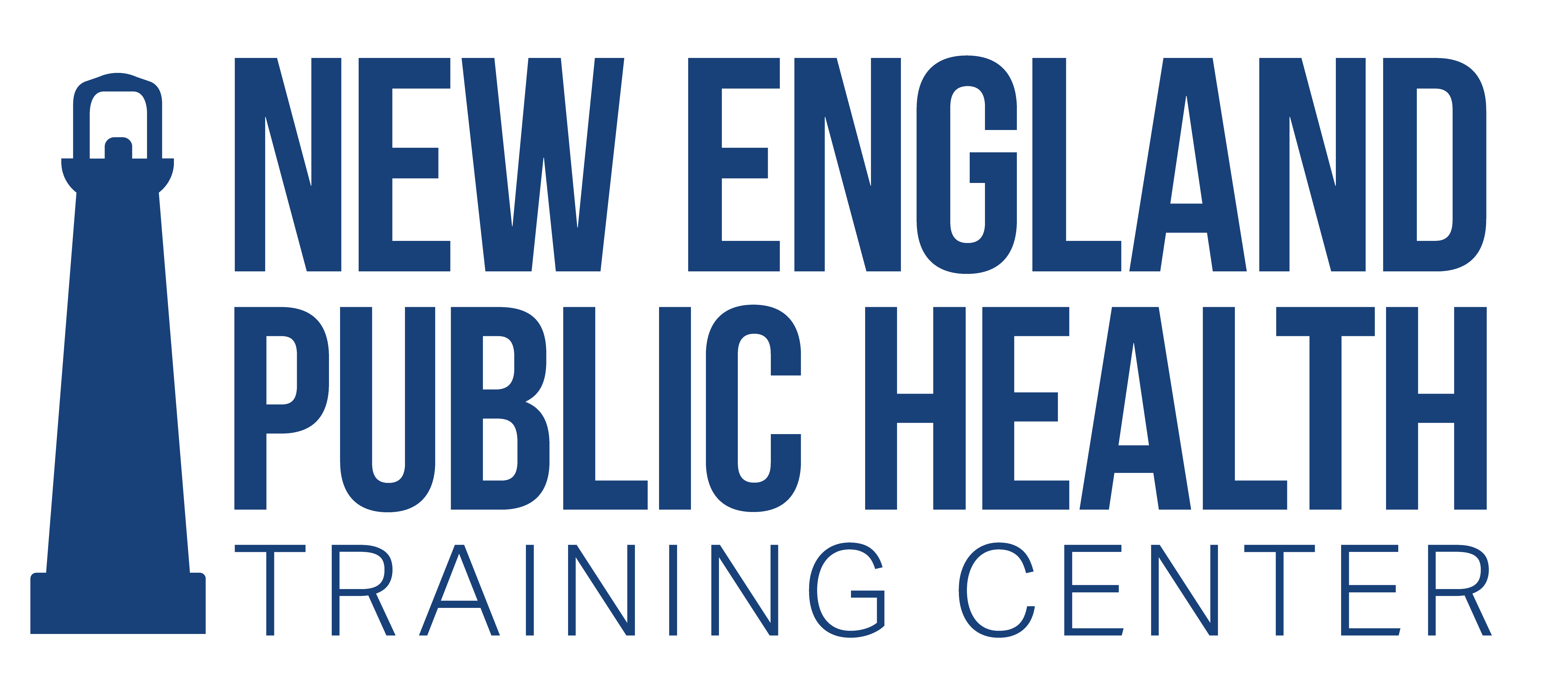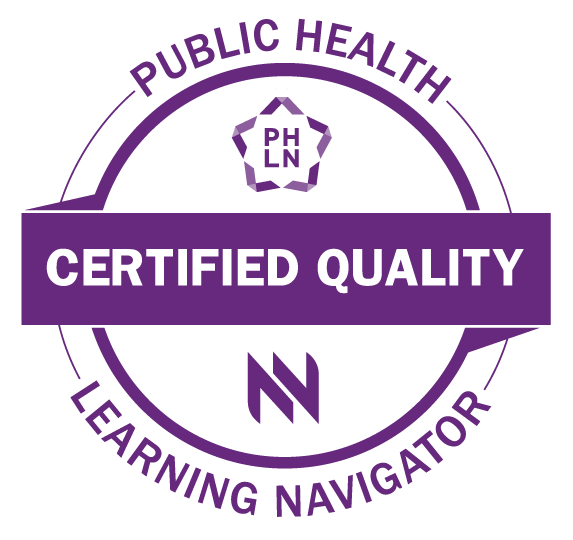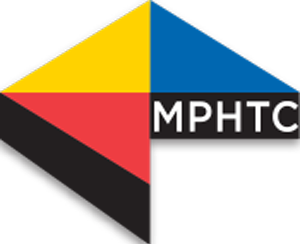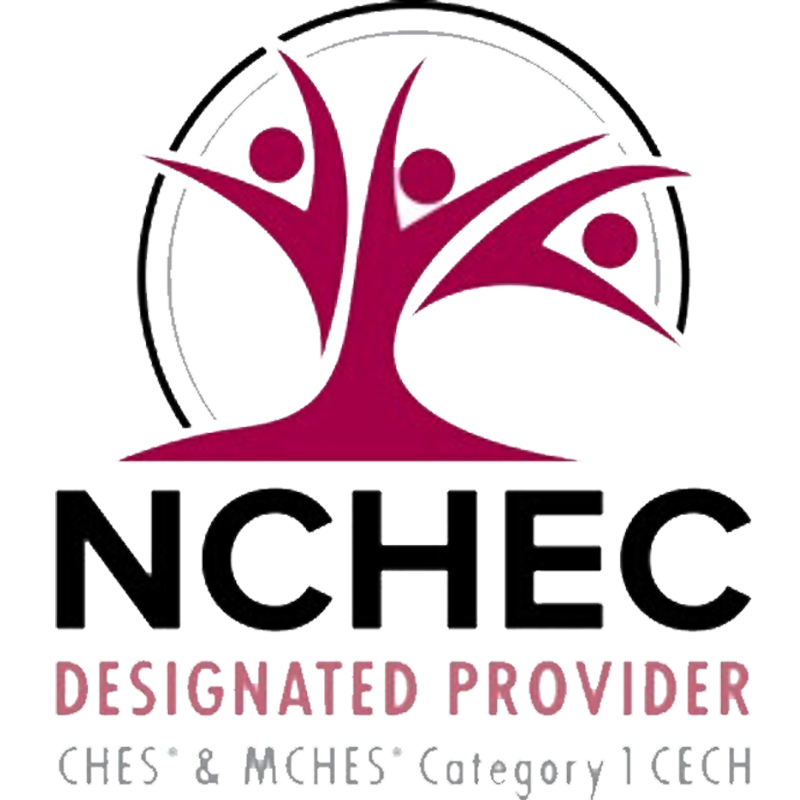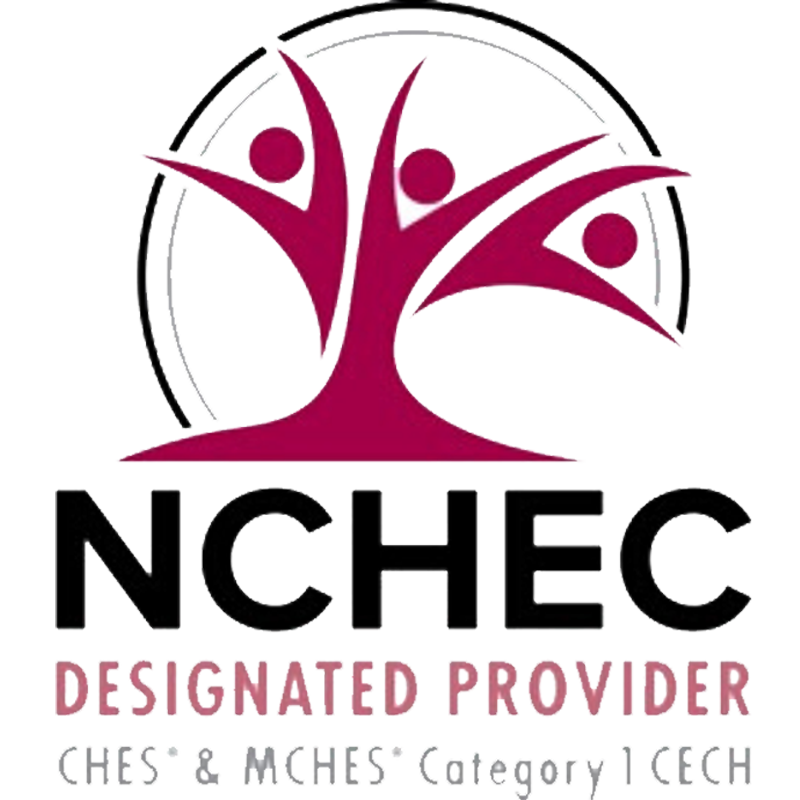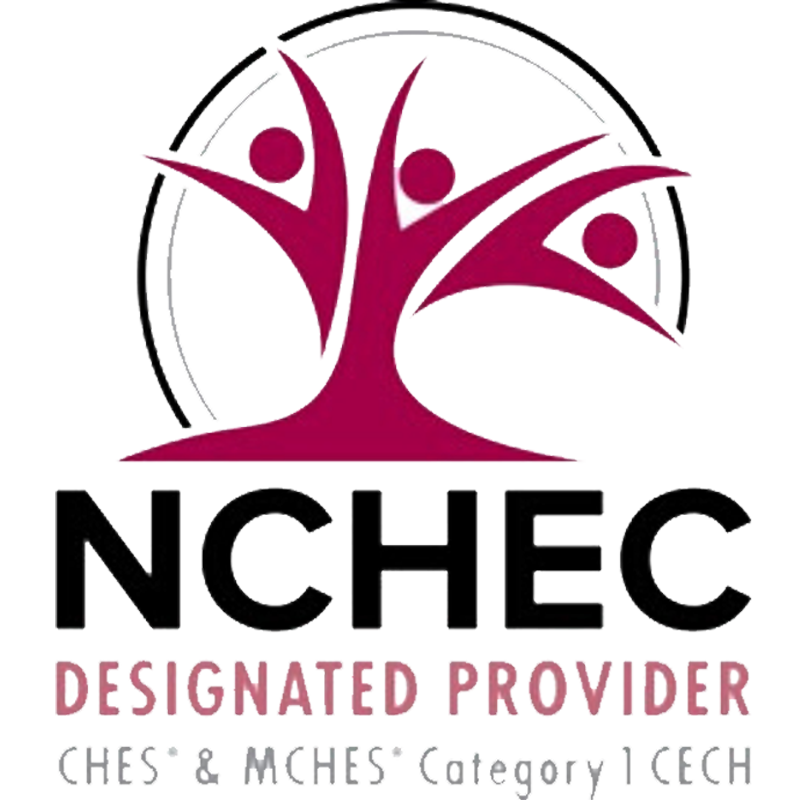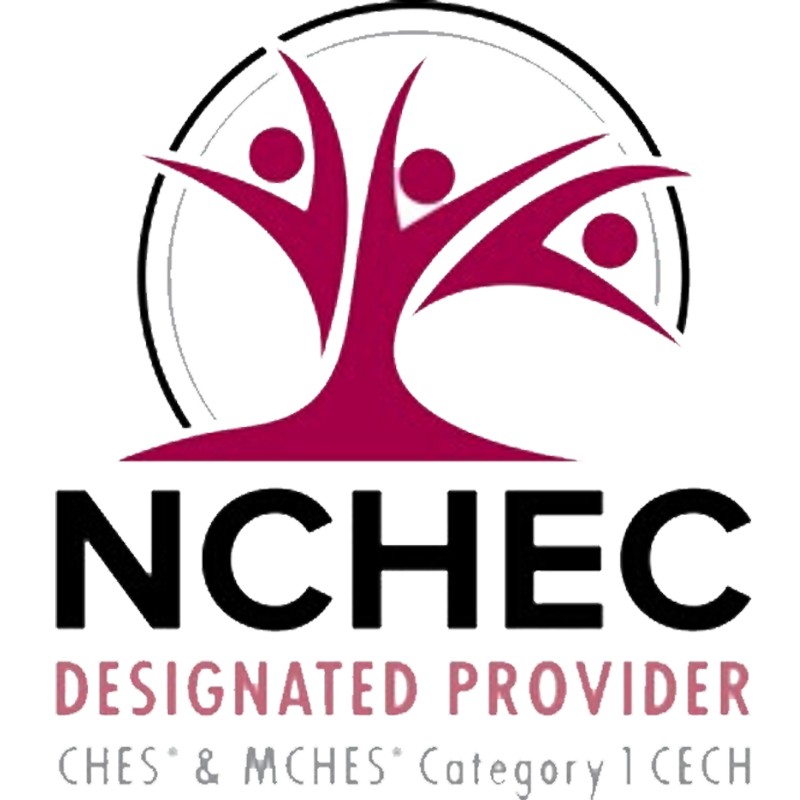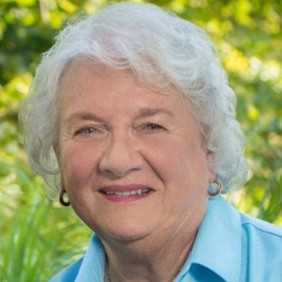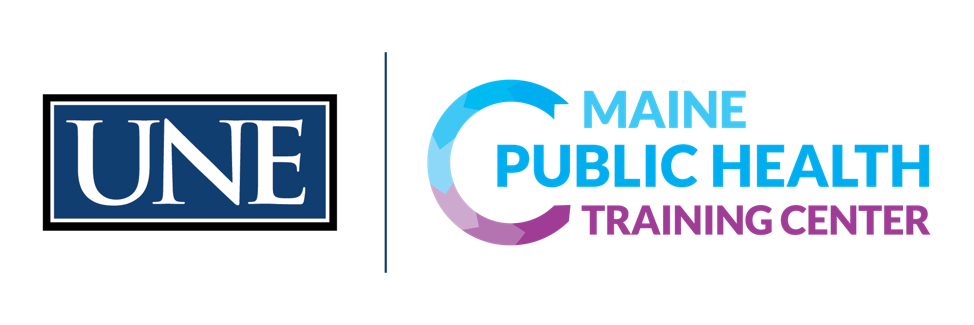
Amplifying Voice, Equity & Well-Being for Community Health Workers
Speaking up at work: why does it matter and how might it help us stay healthy?

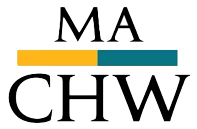
Register
Course Information
- Audience: Members of the Massachusetts Association of Community Health Workers (MACHW)
- Format: Online Workshop
- Date/Time: Thursday July 8, 2021
10:00 AM to 11:30 AM EST - Price: Free
- Length: 1.5 hours
- Credential(s) eligible for contact hours: Sponsored by New England Public Health Training Center (NEPHTC). MACHW and NEPHTC are pleased to offer a certificate of completion to all attendees and for Mass CHWS who complete this 1.5 hour webinar you will receive 1.5 CEUs for renewal of your CHW certification. Please return to nephtc.org complete the evaluation and you can obtain a downloadable certificate with your name and date of download.
- Competencies: Effective Communication,
Cultural Responsiveness and Mediation, Education to Promote Healthy Behavior Change, Use of Public Health Concepts and Approaches, Advocacy and Community Capacity Building
- Learning Level: Awareness and Performance
- Companion Trainings: MACHW Workshop Series
- Supplemental materials:Session PowerPoint
- Pre-requisites: None
About this Workshop
This MACHW interactive workshop series aims to support CHWs as they strive to serve their clients during these challenging times. The workshop formats will include expert panels, Q and A, and case studies on critical issues from across Massachusetts.
Community Health Workers are central in supporting the health of the communities they work with, and yet, they are often at risk for burnout themselves due to inequitable work conditions. This workshop will discuss strategies for voice and reflect on how to improve well-being at work.
At the end of the workshop, participants will be able to:
- Explore the connection between workers’ voices and their well-being as individuals, and as a collective group.
- Discuss benefits of worker unions and strategies for organizing workers in health and social services.
- Discuss strategies for voicing and improving well-being at work
-
Recognize how systemic oppressions and practices impact our work and well being
Subject Matter Expert

Yaminette Diaz

Kimberly Mendoza

Lisette Blondet

Jamie Berberena

Areliz Barbosa
Yaminette Díaz-Linhart is a PhD candidate at Brandeis University. Her research explores how worker voice and representation impact well-being outcomes for health care and social service workers. She is currently conducting a study to understand the well-being of community health workers in Massachusetts.
Kimberly Mendoza Iraheta is a CHW and Regional Chapter Leader in Greater-Boston for the Massachusetts Association of Community Health Workers.
Lissette Blondet is the director of the Massachusetts Association of Community Health Workers (MACHW). She has dedicated most of her professional life to anchoring community health workers (CHWs) as public health professionals. In 1993, she founded the Community Health Education Center (CHEC), one of the first training and resource centers for CHWs in the country. CHEC’s standards for CHW curricula and core competencies have been replicated in other states. The program was so successful that in 1997, the Massachusetts Department of Public Health funded its expansion to the northeast region of the state. Both centers, CHEC Boston and CHEC Northeast are still thriving and have graduated over a thousand CHWs. More recently, Lissette provided technical assistance to the Prevention and Wellness Trust Fund on community health and community health workers. She also previously served as Director of Community Benefits for Cape Cod Healthcare, focusing on making healthcare accessible to the underserved while building her experience in healthcare financing. As the director of MACHW, Lissette brings all her experience and skills to strengthen the association and strategically position the workforce to seize the many opportunities now available through health care reform, including reimbursement and broad recognition of the attributes and competencies of CHWs.
Jamie Berberena is the Southeast Regional Leader and Advisory Board member with the Massachusetts Association of Community Health Workers. She is a passionate public health advocate focused on promoting racial equity throughout Massachusetts. With over a decade of experience promoting the health and well-being of diverse communities across Massachusetts by providing direct support and guidance through community-based programs, multi-disciplinary clinical programs and health policy initiatives.
Areliz Barbosa is a CHW and is the Regional Chapter Leader for Western Massachusetts for the Massachusetts Association of Community Health Workers.
Registration
Select the Enroll Me button below to register for this workshop. If you have any trouble accessing the workshop, contact support@nephtc.org.
Acknowledgement:
This project is supported by the Massachusetts Department of Public Health
This project is/was supported by the Health Resources and Services Administration (HRSA) of the U.S. Department of Health and Human Services (HHS) under grant number UB6HP31685 “Regional Public Health Training Center Program”. This information or content and conclusions are those of the author and should not be construed as the official position or policy of, nor should any endorsements be inferred by HRSA, HHS or the U.S. Government.
To Learn more about the Massachusetts Association of Community Health Workers please visit: www.machw.org




